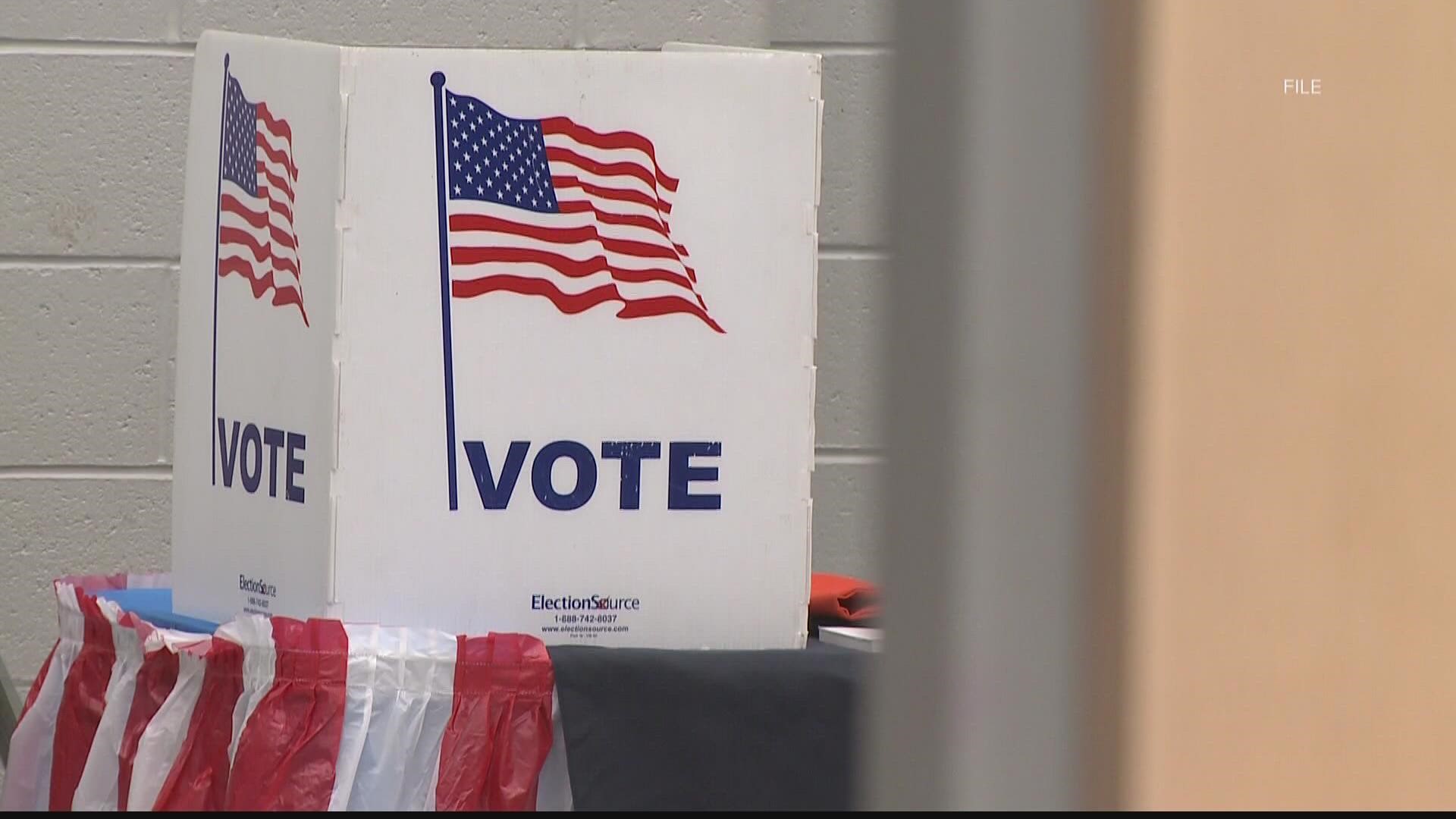ATLANTA — Georgia is appealing a landmark federal court ruling from last week that said the state must change how it elects the Public Service Commission because the current at-large method dilutes Black votes and is a violation of the 1965 Voting Rights Act.
Last week a judge in the federal District Court ion Atlanta ruled the statewide elections for the various district seats on the PSC - which oversees Georgia Power and other state utilities - "unlawfully dilutes the votes of Black citizens under Section 2 of the Voting Rights Act of 1965 and must change."
The decision also ordered Sec. of State Brad Raffensperger to cease preparing ballots for November with the PSC District 2 and District 3 races - which are the only two for the commission up for a vote this year.
The state is now appealing the decision, and also asking for an emergency ruling by the 11th Circuit Court of Appeals to allow the state to in fact move ahead with preparing ballots that would include the PSC races.
Commissioners have historically been elected in general statewide votes to six-year terms. The commissioners represent five districts where they must live but, crucially, unlike voting for races such as the state legislature or U.S. Congress, the commissioners are not elected strictly by the people who live in their district.
It is done with a statewide vote, and in theory they can easily win election without the support of the actual district they represent.
In the 140-plus-year history of the commission, that has resulted in only two Black board members - David Burgess, who became the first on an appointment from Gov. Roy Barnes in 1999, and Fitz Johnson, who was appointed to a vacant post last year by Gov. Brian Kemp.
The lawsuit argued that lack of representation was because the statewide votes for the commission diluted the voting power of Black Georgians.
In the appeal, Georgia states the district erred by "determining that it had authority over the political processes in the state and did not sufficiently credit the linkage interests of connecting the officials’ jurisdiction (statewide decisions affect all ratepayers) with their electoral base."
"This decision places a federal court as the sole arbiter of how Georgia may elect utility regulators in the state, despite evidence regarding the impact of abandoning statewide elections," the appeal states.
In a statement, the attorneys for the plaintiffs in the case said: "Judge Grimberg held a week-long trial on the merits and issued a detailed, 64-page opinion explaining why he ruled in favor of our clients. We believe his ruling was correct and well-reasoned, and we are confident the Court of Appeals will agree.”

